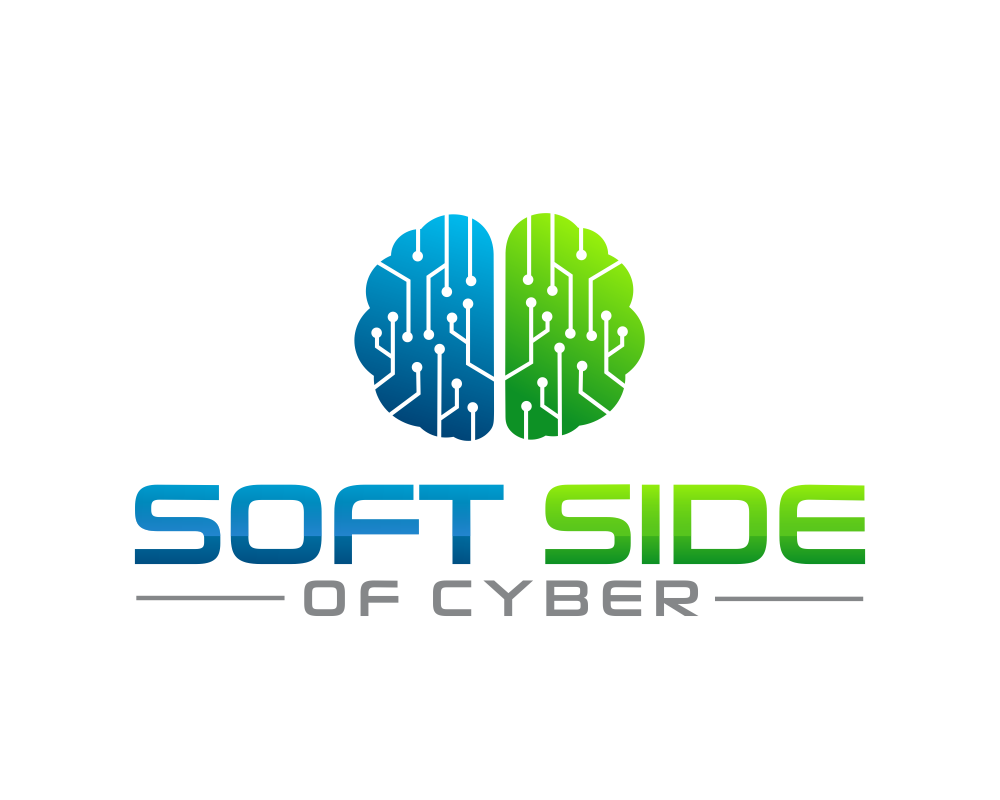
Mastering Email Writing as a SOC Analyst: Tips and Best Practices for Cybersecurity Professionals
As a SOC analyst, you're responsible for monitoring and responding to security incidents in real-time. One of the key tools you'll use to communicate with your team and other stakeholders is email. But writing a good email as a SOC analyst is more than just getting your message across. It's about communicating effectively, efficiently, and with the right level of detail and urgency.
So, how do you write a good email as a SOC analyst? Here are some tips to keep in mind:
Be Clear and Concise: When you're communicating about a security incident, it's important to be clear and concise. Stick to the facts, and avoid technical jargon and unnecessary details that could confuse or overwhelm your audience. Use simple language, bullet points, and clear headings to make your email easy to read and understand.
Provide Context: When you're reporting on a security incident, you'll want to provide context to help your audience understand the severity and potential impact of the incident. Include information about the affected systems or applications, the scope of the incident, and any potential risks or threats that may result from the incident.
Use the Right Tone: The tone of your email can set the stage for how your audience responds to the incident. Use a professional and objective tone, and avoid using emotional language or making assumptions about the incident. Stick to the facts, and let the data speak for itself.
Include Actionable Information: When you're reporting on a security incident, it's important to include actionable information that your audience can use to respond to the incident. Include clear instructions for what steps to take next, who to contact for more information, and any other relevant details that can help your audience respond quickly and effectively.
Be Timely: When you're reporting on a security incident, time is of the essence. Your email should be timely and provide the information your audience needs to respond quickly. Use clear subject lines, and make sure your email is sent to the right people at the right time to ensure a timely response.
In addition to these tips, there are some other best practices to keep in mind when writing a good email as a SOC analyst:
- Use encryption and other security measures to protect sensitive information
- Use a clear and consistent format for your emails
- Use appropriate grammar and punctuation to ensure your email is professional and easy to read
- Avoid sending large attachments or including unnecessary files that could slow down your email or trigger security filters
In addition to being important for SOC analysts, these email writing skills are also applicable to other fields within cybersecurity. For example, incident response teams, pentesters, and vulnerability management teams all need to communicate effectively and efficiently with their team members and stakeholders. By following these email writing tips and best practices, cybersecurity professionals can ensure that their communications are clear, concise, and actionable, no matter what field they're working in. Good email writing skills can make a big difference in the success of a cybersecurity team's response to a security incident, so all cybersecurity professionals need to make it a priority.
In conclusion, writing a good email is critical for communicating effectively and efficiently about security incidents. By following these tips and best practices, you can ensure that your emails are clear, concise, and actionable and that your team and stakeholders have the information they need to respond quickly and effectively to security incidents.
